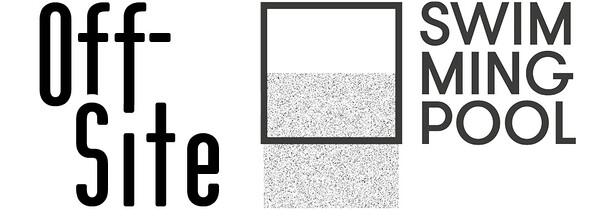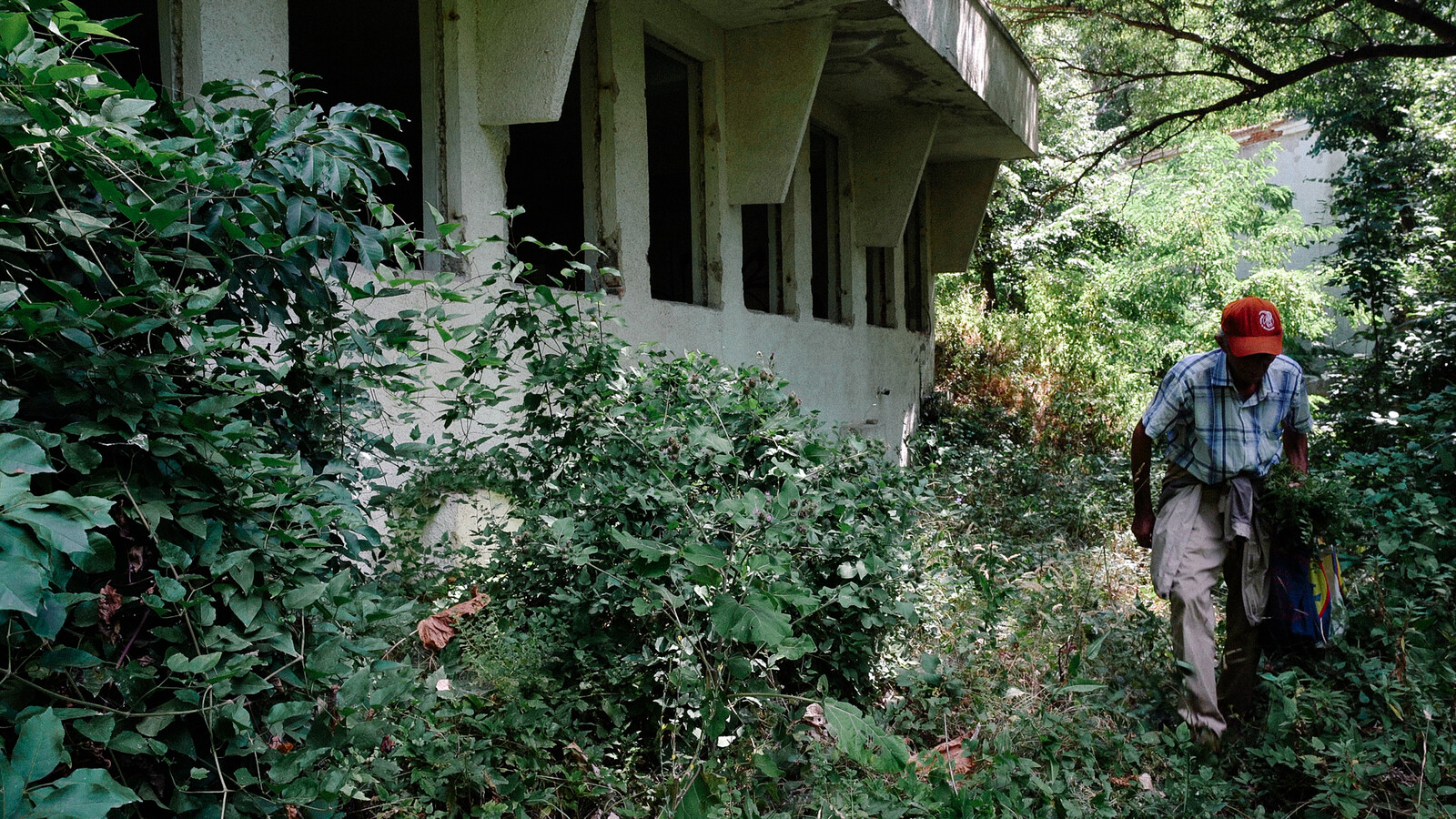Ecologies of Prehod
Nicolás Kisic Aguirre, Katarina Burin, Sam Ghantous, Elitza Koeva, Manar Moursi
August 1–September 24, 2024
Off-site is a research collective that investigates what critical heritage practices are made possible—and how attitudes towards waste, ecology, and environment shift—when we re-imagine the role of care in collection, exhibition, and archive strategies. Off-site takes the Balkans as a case study to contour new modes of curatorial thought, artistic practice, and material urgency in the wake of the fall of the Eastern Bloc. Caught in the space between the East and the West amongst the ruins of Soviet, Ottoman, Byzantine empires, stories of material movements, histories of land and built environments, and knowledge of plant and animal life emerge in new ways. By exploring the dissonant heritage of the past, Off-site investigates the post-imperial ways of life that animate the present.
Ecologies of Prehod is one of many Off-site initiatives to engage with sites of ruination in Bulgaria through sculpture, installation, sound, and moving-image work. For the past four years, invited artists have participated in long-term collaborations with specific sites through mailed prompts collected by locals in Bulgaria, distributed by the project team, and entrusted in the artists’ care for the duration of their research. Prompts include care agreements that accompany specimens of rubble and flora collected from landscapes and building stock left in ruin since the start of the transition from a planned to a market economy, a period known as Prehod. Ranging from an Ottoman-era hammam brick to plant samples from an abandoned Soviet-era observatory, prompts are composed of mobile fragments that serve as aural, visual, and material witnesses to Prehod.
At Swimming Pool, Sofia, five artists adopt a thinking-with-matter approach to conceive of a critical framework for working with unofficial heritage sites and archives through the notion of Prehod. Sam Ghantous digitally retranslates textures from his prompt—a steel fragment from an abandoned textile factory in Sliven, Bulgaria—that resurface anew on the gallery walls as wallpaper and curtain, recalling quotidian textile patterns and faux materialities influenced by Soviet- and Prehod-era domestic interiors. Katarina Burin uncovers a family archive of holiday postcards taken in the former Eastern Bloc to create a series of anti-monument sculptures that speak to a fragmented personal story of immigration, assimilation and return. Elitza Koeva documents the social imaginaries of Bulgaria’s transitional period by exploring how monumental and ideological sites are subverted through citizen acts of reinscription. Manar Moursi takes her prompt—a fragment from an abandoned Ottoman hammam in Sliven—and uses it as a pumice stone in two endangered hammams in Cairo, Egypt. As a response to the neglect of cultural heritage sites, she returns to the Sliven bathhouse to perform a water summoning ritual over the ruins. Nicolás Kisic Aguirre builds an experimental broadcast that reflects on diasporic experience by sharing thoughts and hopes with material derived from personal stories rendered in artistic and acoustic explorations.
In re-imagining what it means to care from a distance for tangible and intangible heritage, the exhibition rethinks Prehod from a proper noun to a process of transitioning from one material state, historical period, and geographic place to another. Ecologies of Prehod offers a research methodology to understand environments in transition, both past and present. The liquid and soil terrains of the littoral edge, vegetal life, mineral matter, and animal migration entangle with the lived experience and oral history of the people who cohabitate with the land. Thinking with the vital matter of heritage ecosystems offers new approaches to building alternative forms of knowledge production in critical heritage studies, environmental humanities, and critical media practice.
Ecologies of Prehod is curated by Off-site at Swimming Pool, Sofia—a space for art and research focused on intersectional and collaborative practices, education, art politics and institution-making. This exhibition is made possible with the support of the National Culture Fund of Bulgaria, Harvard Mellon Urban Initiative, Harvard Critical Media Practice, and the Film and Visual Studies program at Harvard University. Off-site was co-founded by Pauline Shongov, Maya Shopova, and Borislav Angelov in 2020.










